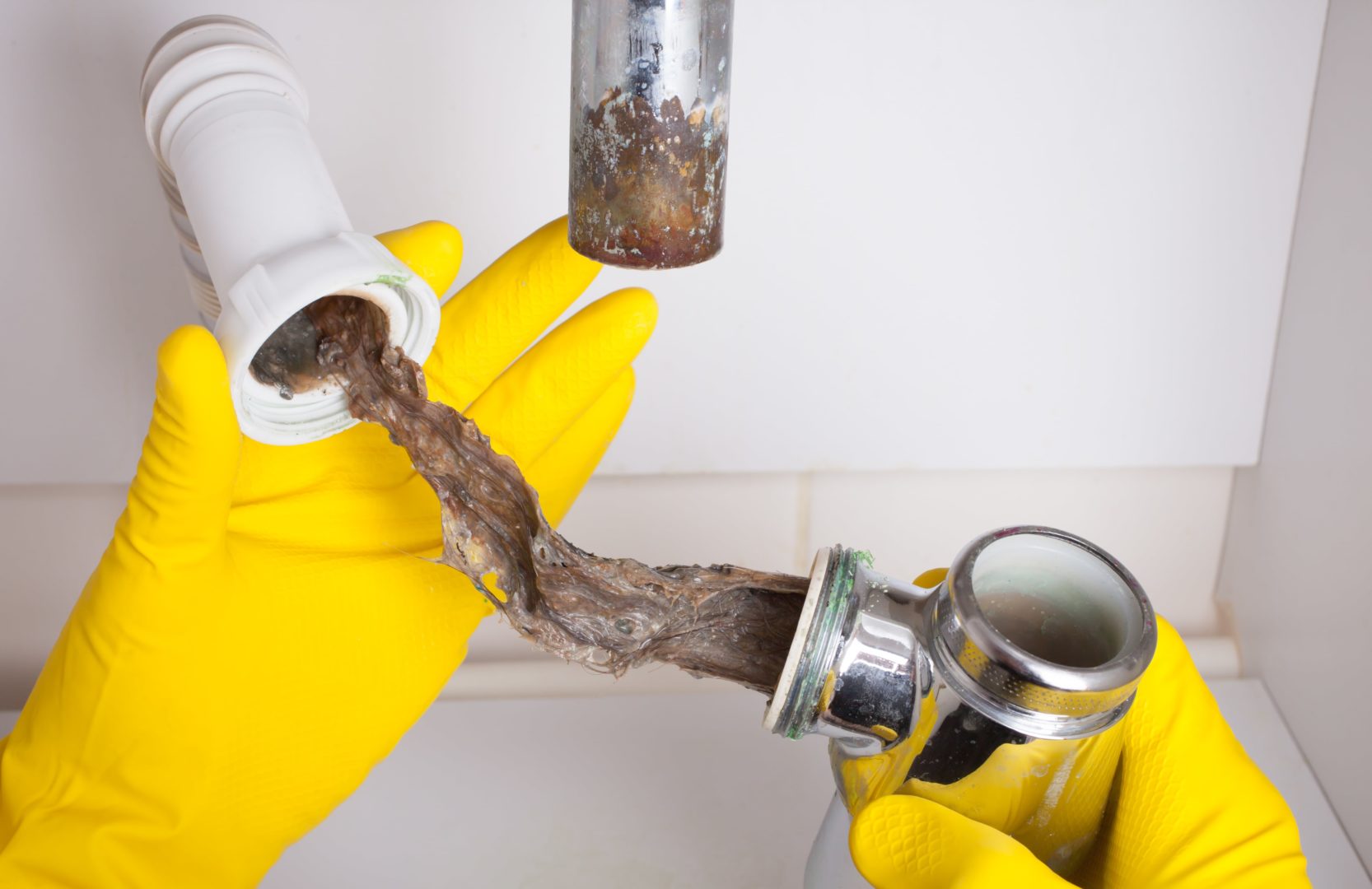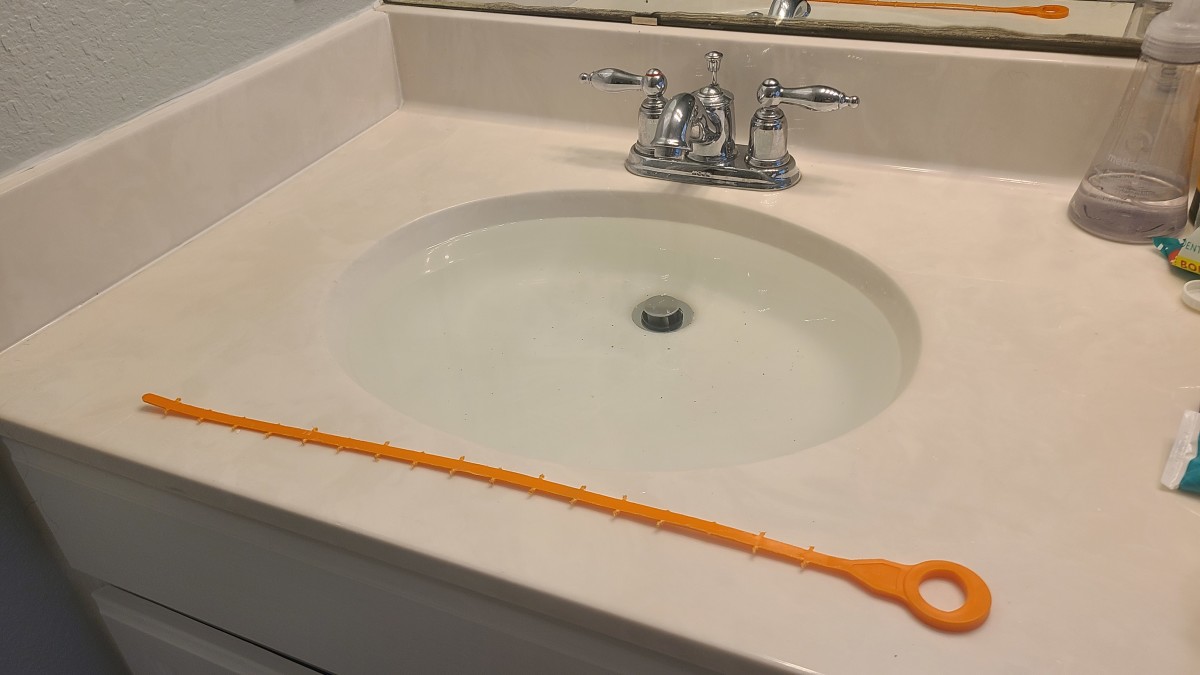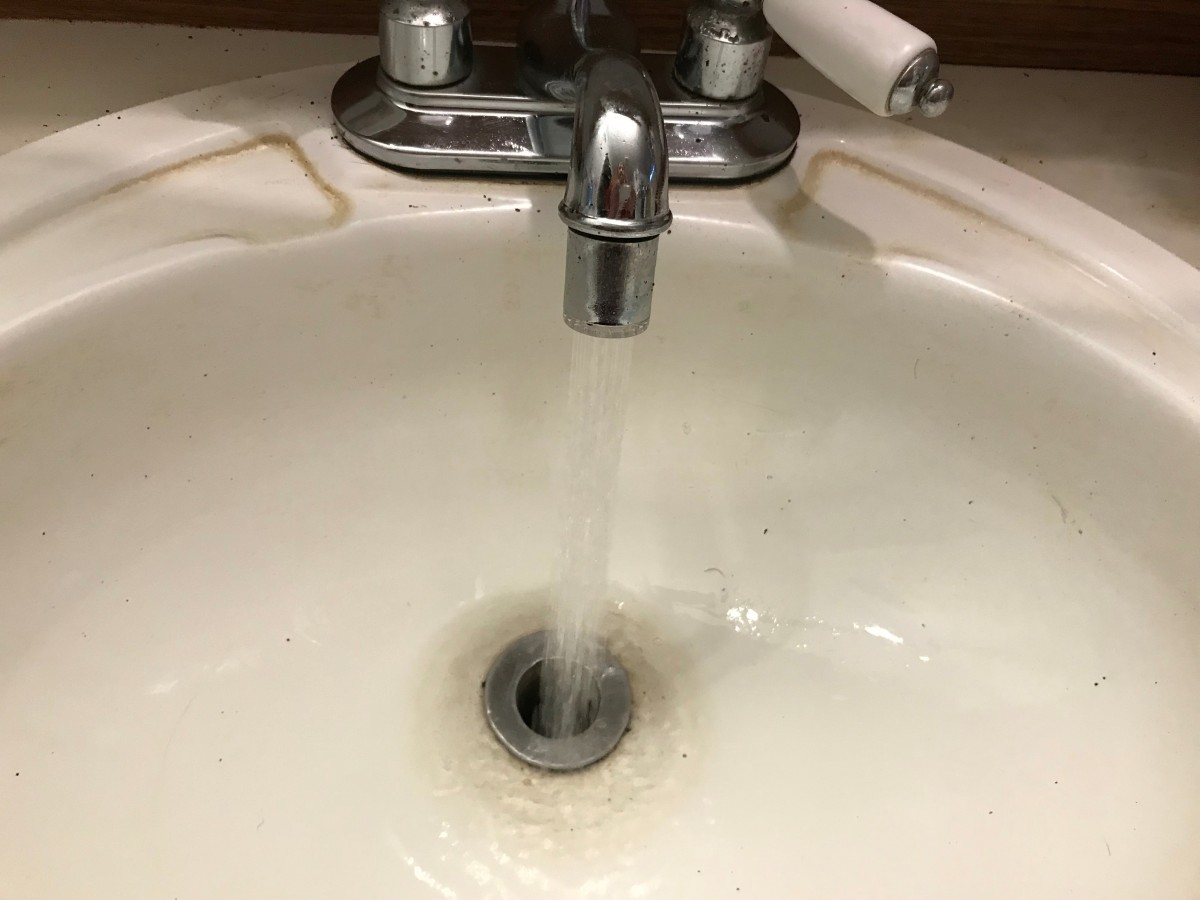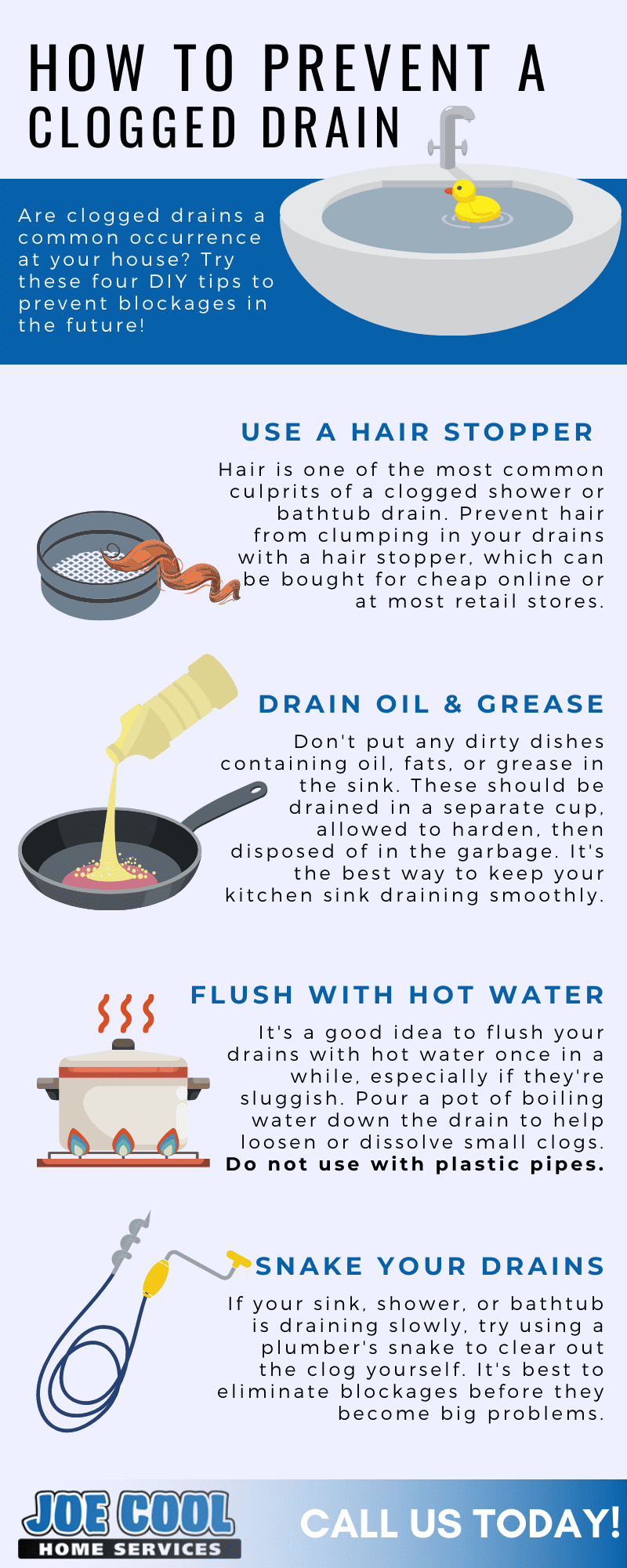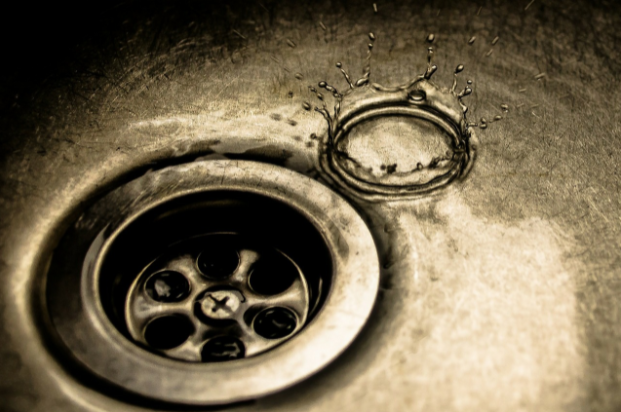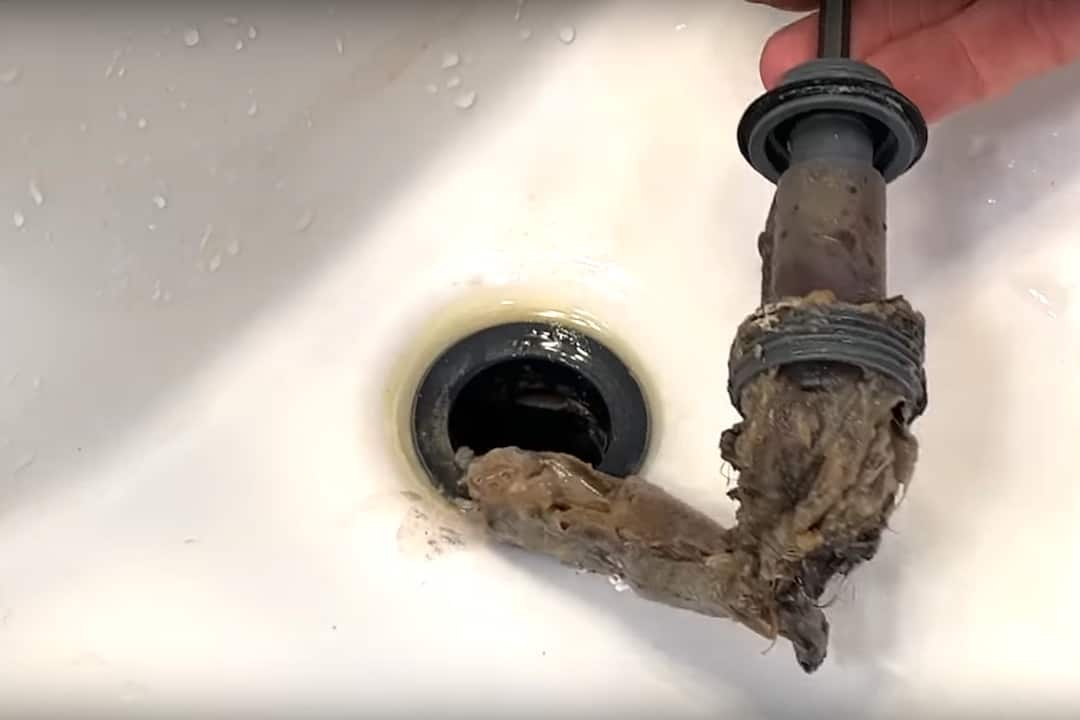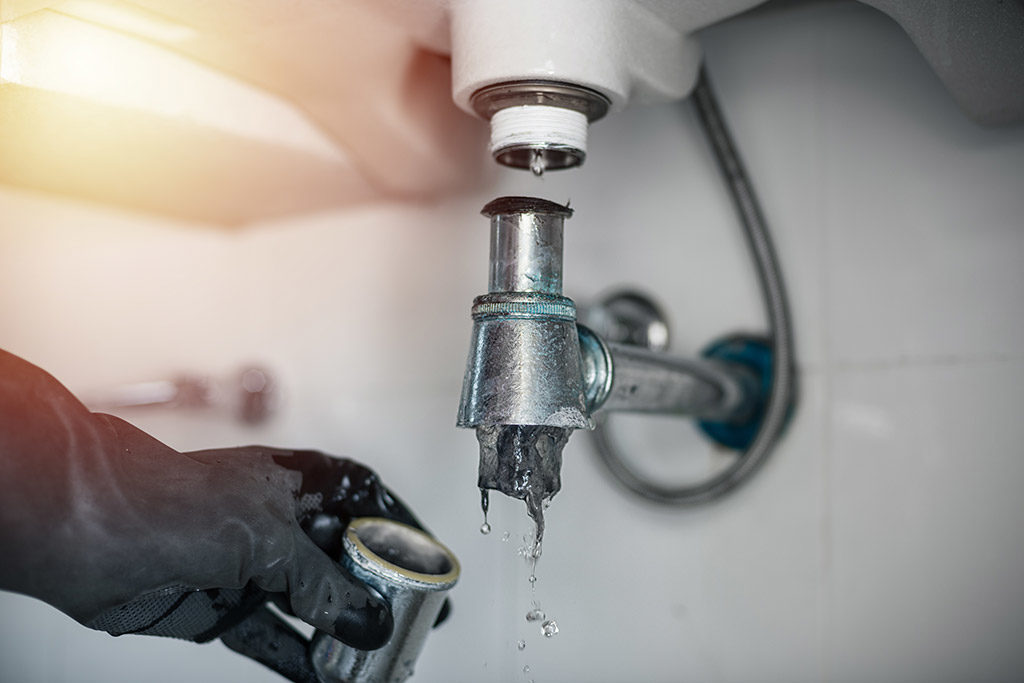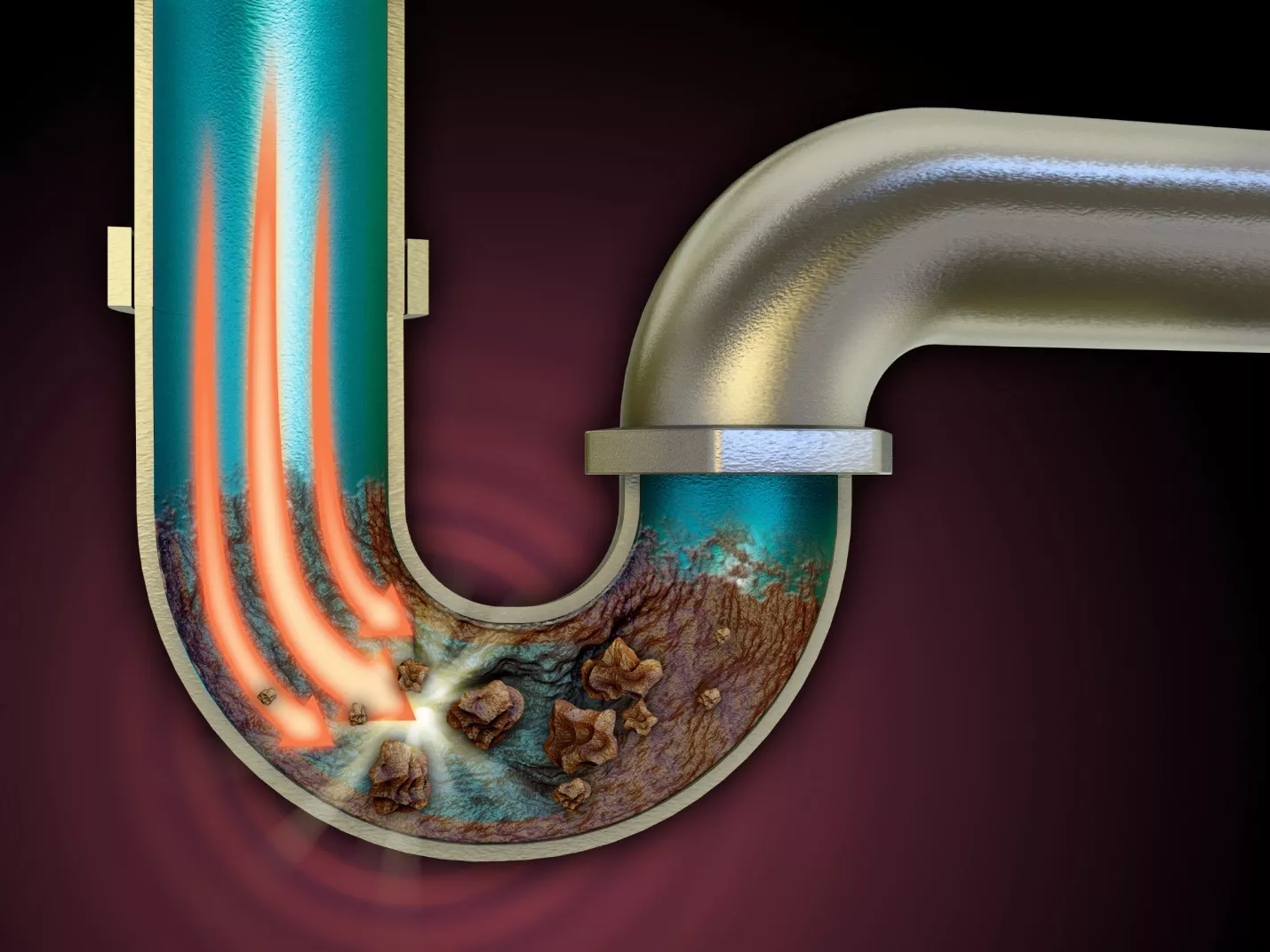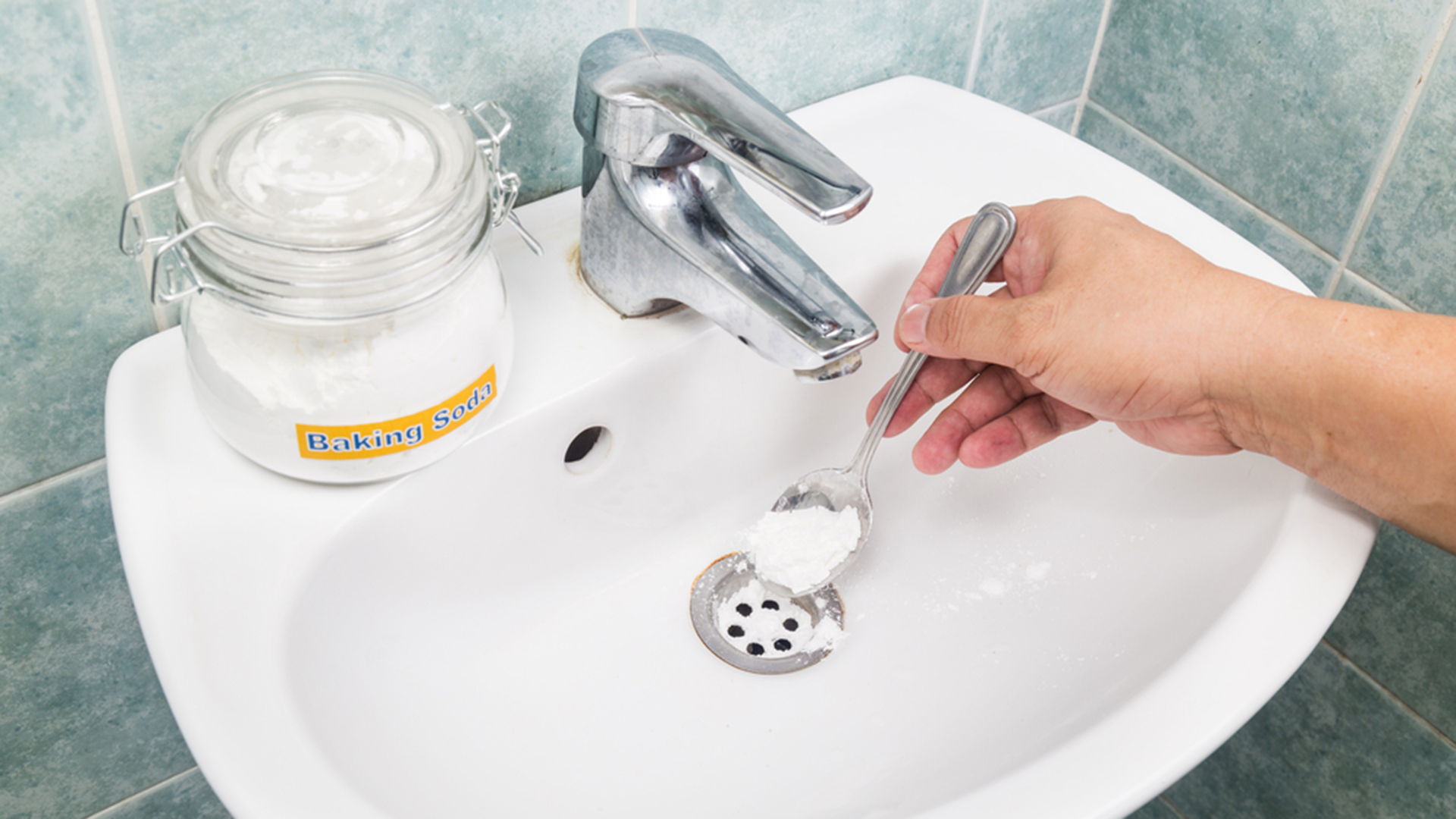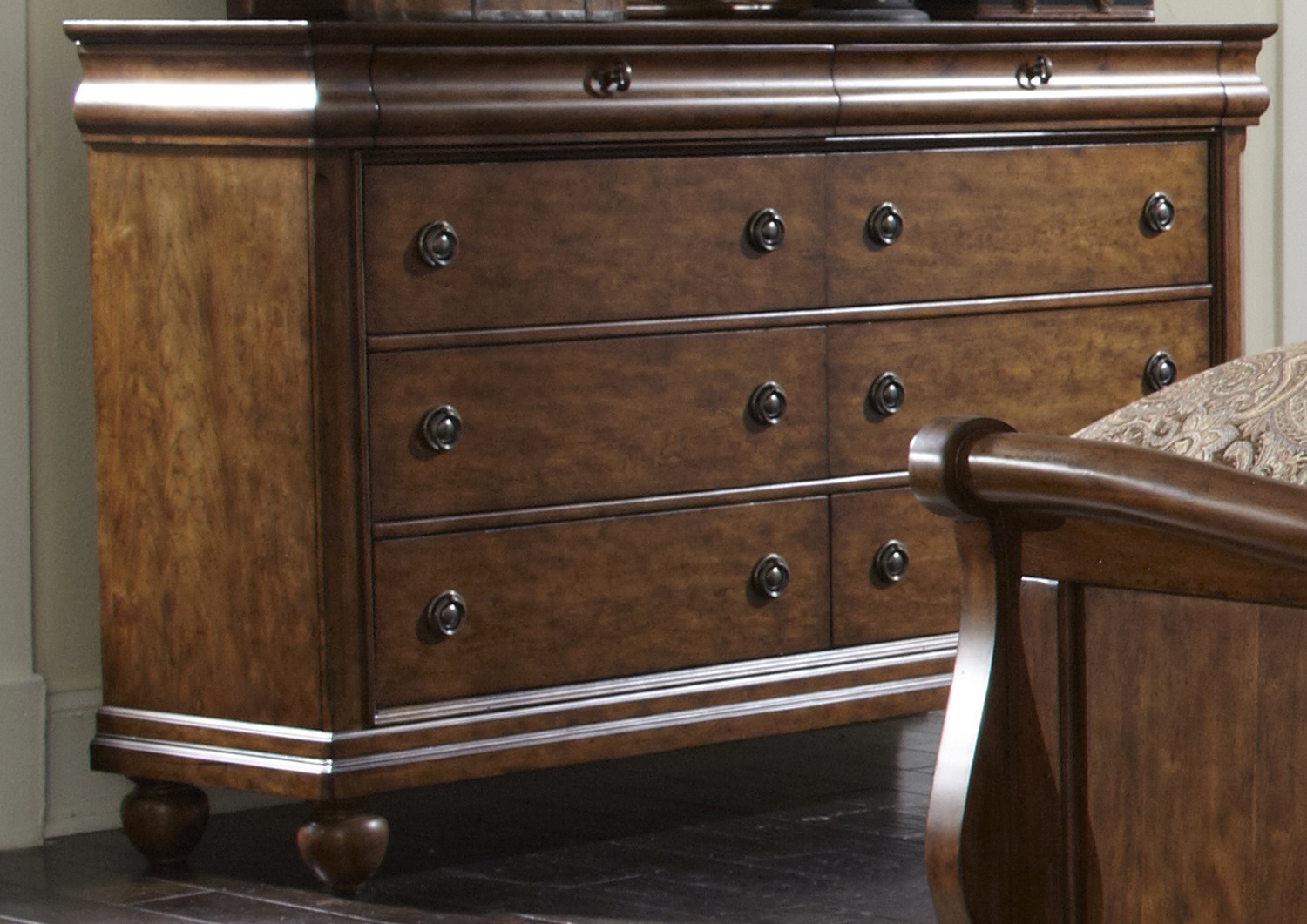Dealing with a clogged bathroom sink drain is a common household problem that can be frustrating and inconvenient. It can also lead to unpleasant odors and potential water damage if left untreated. Fortunately, there are simple steps that you can take to clear a clogged bathroom sink drain and get your sink back to working properly. In this article, we will discuss the top 10 ways to unclog a bathroom sink drain.Unclogging a Bathroom Sink Drain
Before we dive into the solutions, it's important to understand the potential causes of a clogged bathroom sink drain. Hair, soap scum, and toothpaste residue are the most common culprits. These can build up over time and create a blockage in the drain. Here are 10 effective ways to clear a clogged bathroom sink drain.How to Clear a Clogged Bathroom Sink Drain
If you prefer to tackle the clog yourself, there are several DIY remedies that you can try. One option is to use a mixture of baking soda and vinegar. Simply pour half a cup of baking soda down the drain, followed by half a cup of vinegar. Let it sit for 10-15 minutes before flushing with hot water. The combination of these two ingredients can help break down and dissolve the clog. You can also try using a plunger to dislodge the blockage.DIY Bathroom Sink Drain Clog Remedy
If the DIY remedies don't work, you may need to take more direct action. Start by removing the drain stopper and cleaning it thoroughly. You can use a toothbrush to scrub away any buildup. Next, use a small drain snake or wire hanger to reach into the drain and grab any debris that may be causing the clog. Finally, pour hot water down the drain to flush out any remaining residue.Simple Steps to Fix a Clogged Bathroom Sink Drain
If the clog persists, it may be time to troubleshoot the issue further. Check the sink's overflow holes, which are located near the top of the sink, to make sure they are not clogged. You can use a small brush or toothpick to clean these out. Additionally, if you have a pop-up drain stopper, make sure it is functioning properly and not contributing to the clog.Troubleshooting a Clogged Bathroom Sink Drain
Prevention is always better than cure when it comes to clogged bathroom sink drains. To avoid future clogs, make sure to clean your sink regularly and remove any hair or debris that may have accumulated. You can also purchase a drain strainer to catch any larger particles before they go down the drain. Avoid pouring grease or oil down the drain, as these can solidify and cause blockages.Tips for Preventing a Clogged Bathroom Sink Drain
If you prefer to use natural methods, there are a few options you can try. Boiling water can be effective in breaking down clogs, especially if they are caused by soap scum or toothpaste residue. You can also use a mix of salt and baking soda, followed by boiling water, to help dissolve the clog. Another natural option is to use a combination of lemon juice and baking soda to create a foaming reaction that can help clear the drain.Using Natural Methods to Unclog a Bathroom Sink Drain
If all else fails, it may be time to call in the professionals. A plumber can use specialized tools, such as a motorized drain snake, to clear stubborn clogs. They can also inspect the pipes for any larger issues that may be causing repeated clogs. While this may be a more expensive option, it can save you time and frustration in the long run.Professional Solutions for a Clogged Bathroom Sink Drain
As mentioned earlier, hair, soap scum, and toothpaste residue are the most common causes of a clogged bathroom sink drain. However, there are other potential culprits to be aware of. If you have an older home, your pipes may be made of materials that are prone to buildup, such as cast iron or galvanized steel. In some cases, tree roots can also invade the pipes and cause blockages.Common Causes of a Clogged Bathroom Sink Drain
If you're unsure whether your bathroom sink drain is clogged, there are a few signs to look out for. These include slow draining water, a gurgling sound coming from the drain, and standing water in the sink. You may also notice unpleasant odors emanating from the drain. If you notice any of these signs, it's best to address the issue sooner rather than later to prevent further damage.How to Tell if Your Bathroom Sink Drain is Clogged
How to Fix a Clogged Bathroom Sink Drain

Possible Causes of a Clogged Bathroom Sink Drain
 Bathroom sink drains can become clogged over time due to various reasons.
The most common cause is the accumulation of hair, soap scum, and other debris in the drainpipe. This buildup can restrict the flow of water and eventually lead to a complete blockage. Another possible cause is foreign objects, such as jewelry or small toys, falling into the drain and getting stuck. Additionally, if your sink has a pop-up stopper, it can also become clogged with gunk and cause water to back up. Regardless of the cause, a clogged bathroom sink drain can be a frustrating and inconvenient problem to deal with. But don't worry, there are some simple solutions to fix it.
Bathroom sink drains can become clogged over time due to various reasons.
The most common cause is the accumulation of hair, soap scum, and other debris in the drainpipe. This buildup can restrict the flow of water and eventually lead to a complete blockage. Another possible cause is foreign objects, such as jewelry or small toys, falling into the drain and getting stuck. Additionally, if your sink has a pop-up stopper, it can also become clogged with gunk and cause water to back up. Regardless of the cause, a clogged bathroom sink drain can be a frustrating and inconvenient problem to deal with. But don't worry, there are some simple solutions to fix it.
How to Unclog a Bathroom Sink Drain
 If you're dealing with a partially clogged drain, you can try a few DIY methods before calling a professional plumber.
One option is to use a plunger. First, remove any standing water from the sink. Then, place the plunger over the drain and push down and pull up several times to create suction. This can help dislodge the clog and allow water to flow freely. Another method is to use a homemade drain cleaner. Mix equal parts baking soda and vinegar and pour it down the drain. Let it sit for 15-20 minutes, then pour hot water down the drain to flush out the mixture and any debris. If these methods don't work, you may have a more stubborn clog that requires a plumbing snake or auger to remove it.
If you're dealing with a partially clogged drain, you can try a few DIY methods before calling a professional plumber.
One option is to use a plunger. First, remove any standing water from the sink. Then, place the plunger over the drain and push down and pull up several times to create suction. This can help dislodge the clog and allow water to flow freely. Another method is to use a homemade drain cleaner. Mix equal parts baking soda and vinegar and pour it down the drain. Let it sit for 15-20 minutes, then pour hot water down the drain to flush out the mixture and any debris. If these methods don't work, you may have a more stubborn clog that requires a plumbing snake or auger to remove it.
Preventing Future Clogs
 The best way to deal with a clogged bathroom sink drain is to prevent it from happening in the first place.
Regularly cleaning your sink's pop-up stopper and using a drain strainer to catch hair and debris can go a long way in preventing clogs. Also, be mindful of what you're putting down the drain. Avoid pouring grease, coffee grounds, or other substances that can solidify and cause blockages. If you have hard water, consider using a water softener to prevent mineral buildup in your pipes. By taking these preventative measures, you can save yourself the hassle and expense of dealing with a clogged drain in the future.
The best way to deal with a clogged bathroom sink drain is to prevent it from happening in the first place.
Regularly cleaning your sink's pop-up stopper and using a drain strainer to catch hair and debris can go a long way in preventing clogs. Also, be mindful of what you're putting down the drain. Avoid pouring grease, coffee grounds, or other substances that can solidify and cause blockages. If you have hard water, consider using a water softener to prevent mineral buildup in your pipes. By taking these preventative measures, you can save yourself the hassle and expense of dealing with a clogged drain in the future.
When to Call a Professional
 If you've tried DIY methods and your bathroom sink drain is still clogged, it's time to call in the professionals.
A licensed plumber has the necessary tools and expertise to handle even the toughest clogs. They can also identify any underlying issues, such as a damaged or corroded pipe, that may be causing the clog. Additionally, if you have an older home with outdated plumbing, it may be best to have a professional assess and potentially upgrade your pipes to prevent future clogs.
If you've tried DIY methods and your bathroom sink drain is still clogged, it's time to call in the professionals.
A licensed plumber has the necessary tools and expertise to handle even the toughest clogs. They can also identify any underlying issues, such as a damaged or corroded pipe, that may be causing the clog. Additionally, if you have an older home with outdated plumbing, it may be best to have a professional assess and potentially upgrade your pipes to prevent future clogs.
In Conclusion
 Dealing with a clogged bathroom sink drain can be a hassle, but it's a common problem that can be easily fixed with the right knowledge and tools.
By following the tips mentioned above, you can save yourself time, money, and frustration in the future. And if DIY methods don't work, don't hesitate to call a professional for help. Taking care of your drains and plumbing can help ensure a smooth and stress-free experience in your home.
Dealing with a clogged bathroom sink drain can be a hassle, but it's a common problem that can be easily fixed with the right knowledge and tools.
By following the tips mentioned above, you can save yourself time, money, and frustration in the future. And if DIY methods don't work, don't hesitate to call a professional for help. Taking care of your drains and plumbing can help ensure a smooth and stress-free experience in your home.












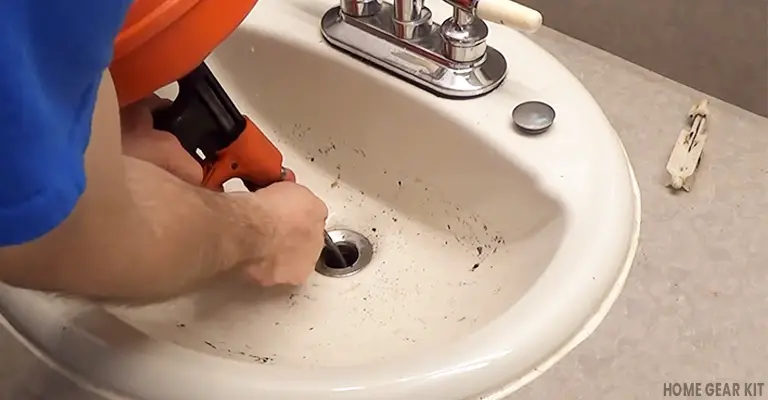


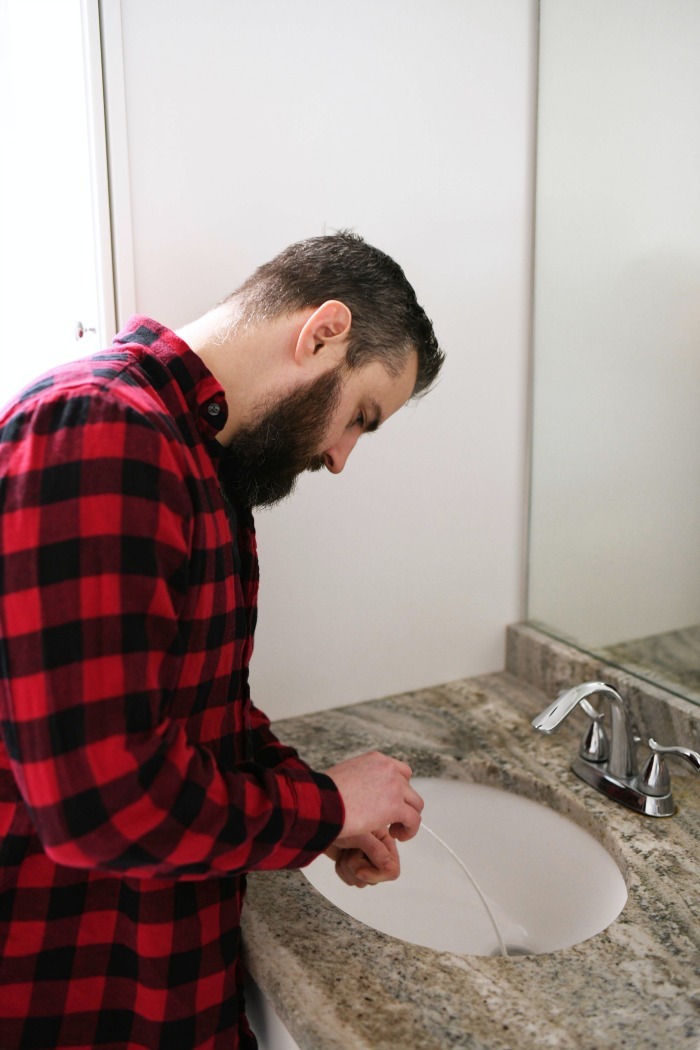
:max_bytes(150000):strip_icc()/freshen-and-unclog-drain-with-baking-soda-1900466-22-bbf940b70afa4d5abef0c54da23b1d3f.jpg)
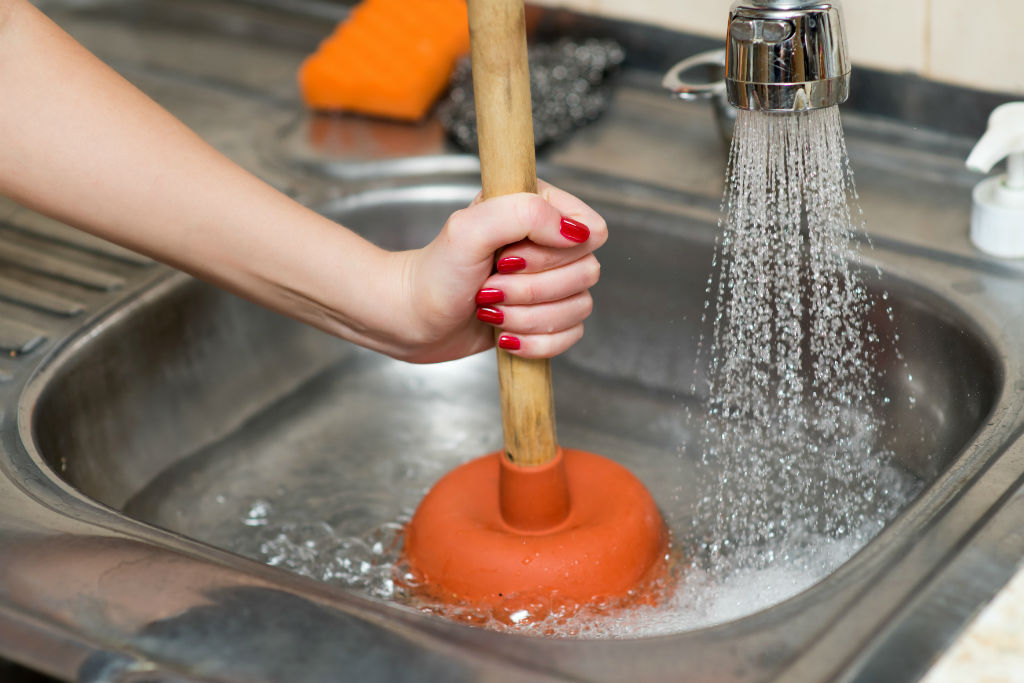













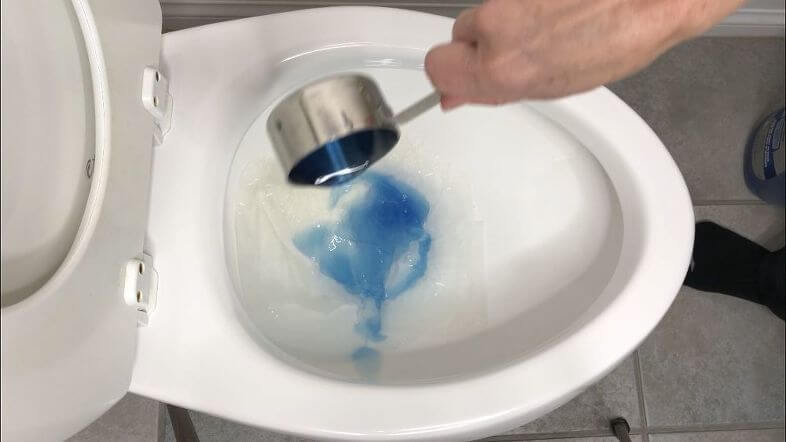
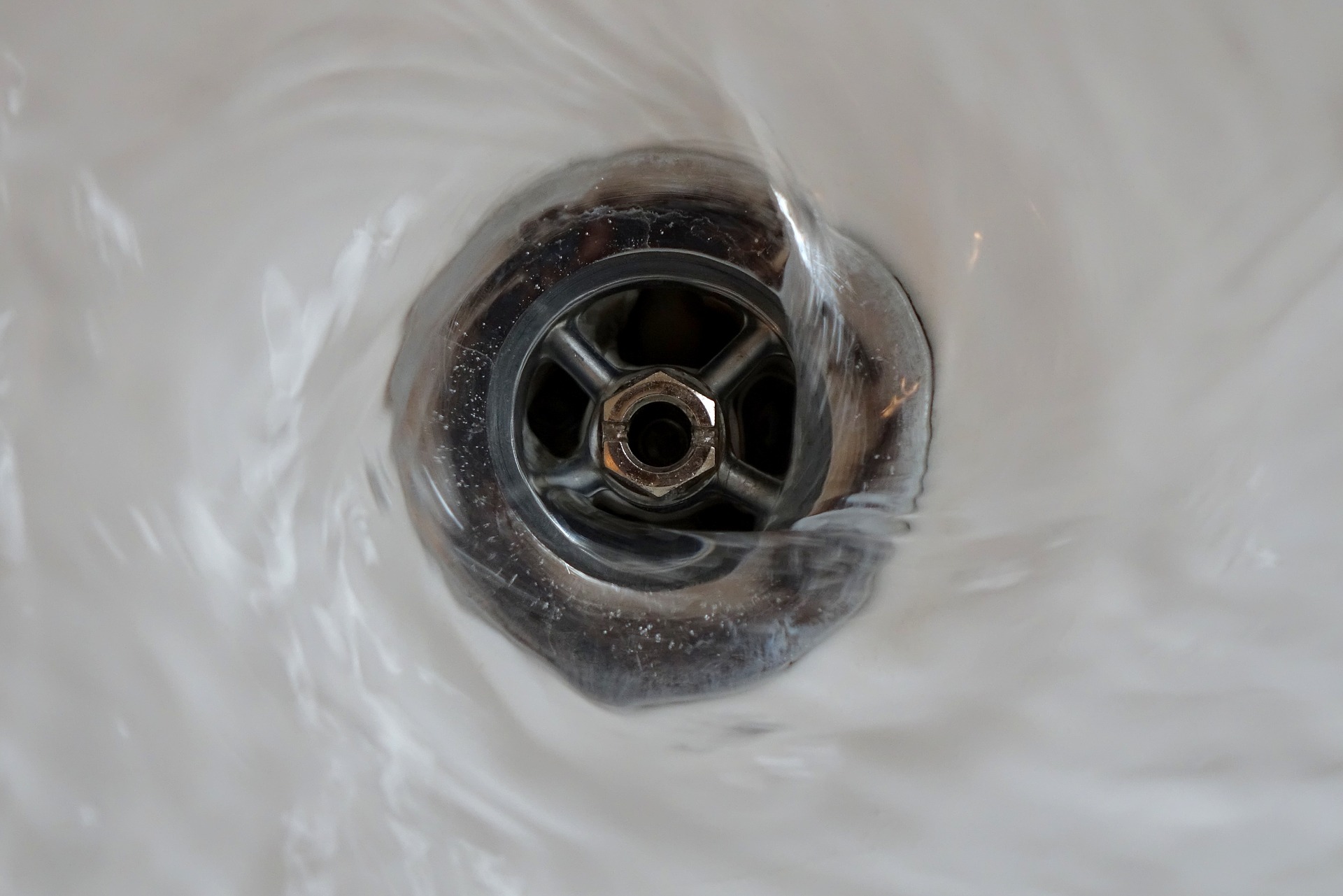
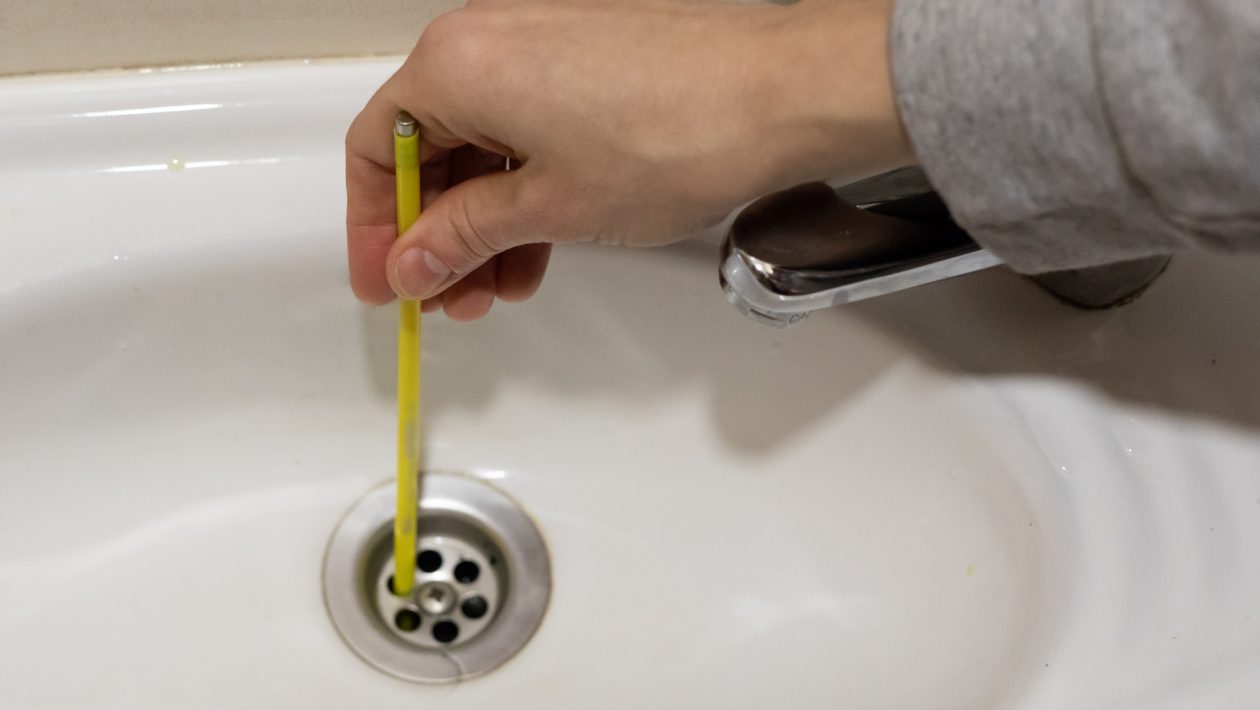













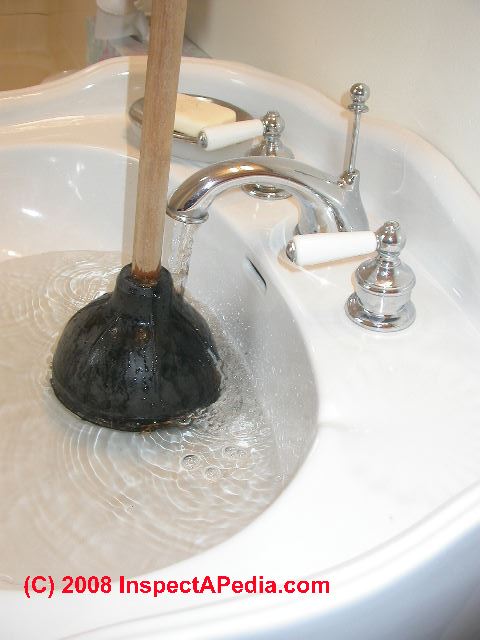

:max_bytes(150000):strip_icc()/freshen-and-unclog-drain-with-baking-soda-1900466-18-1a5b5da01939471ca8f8823865bd1ce8.jpg)
